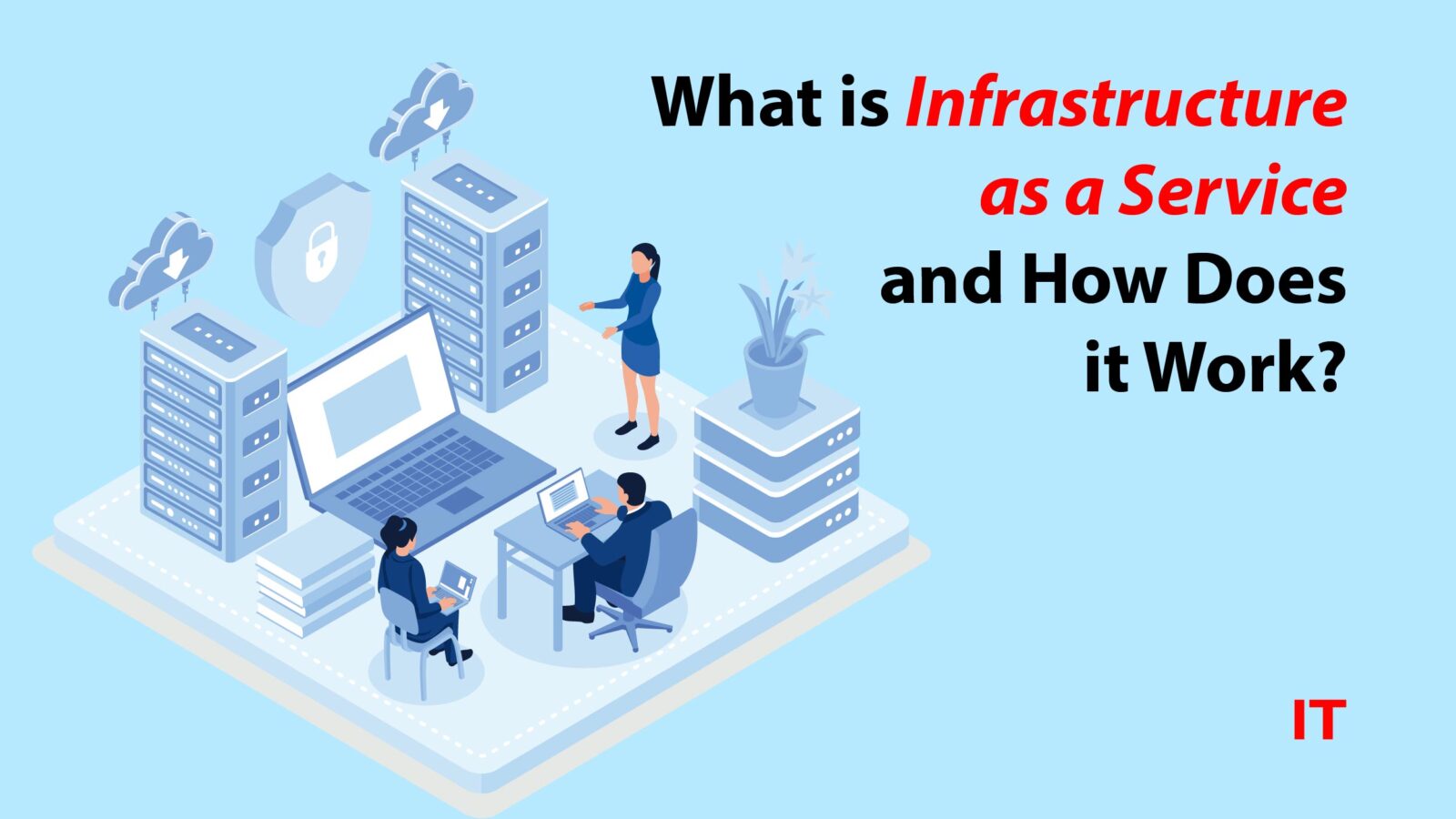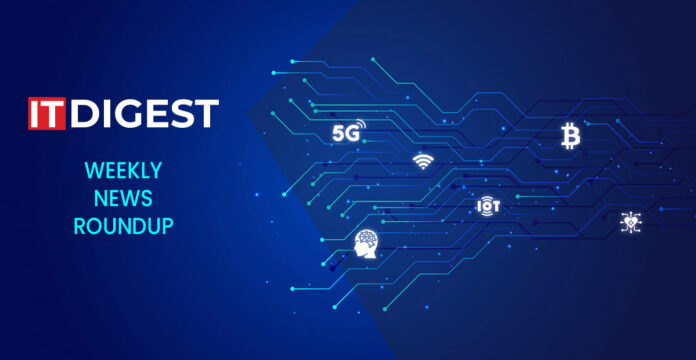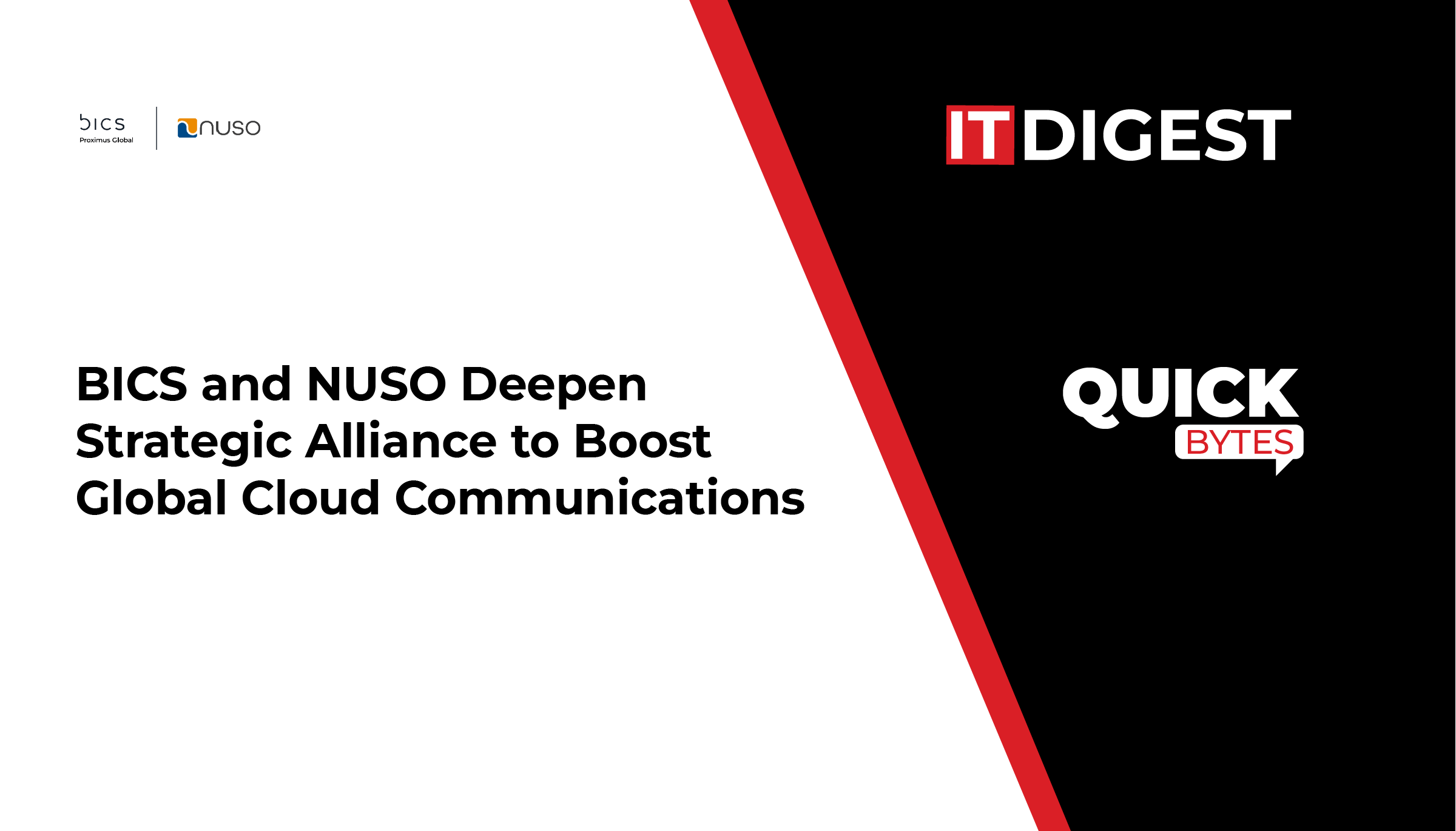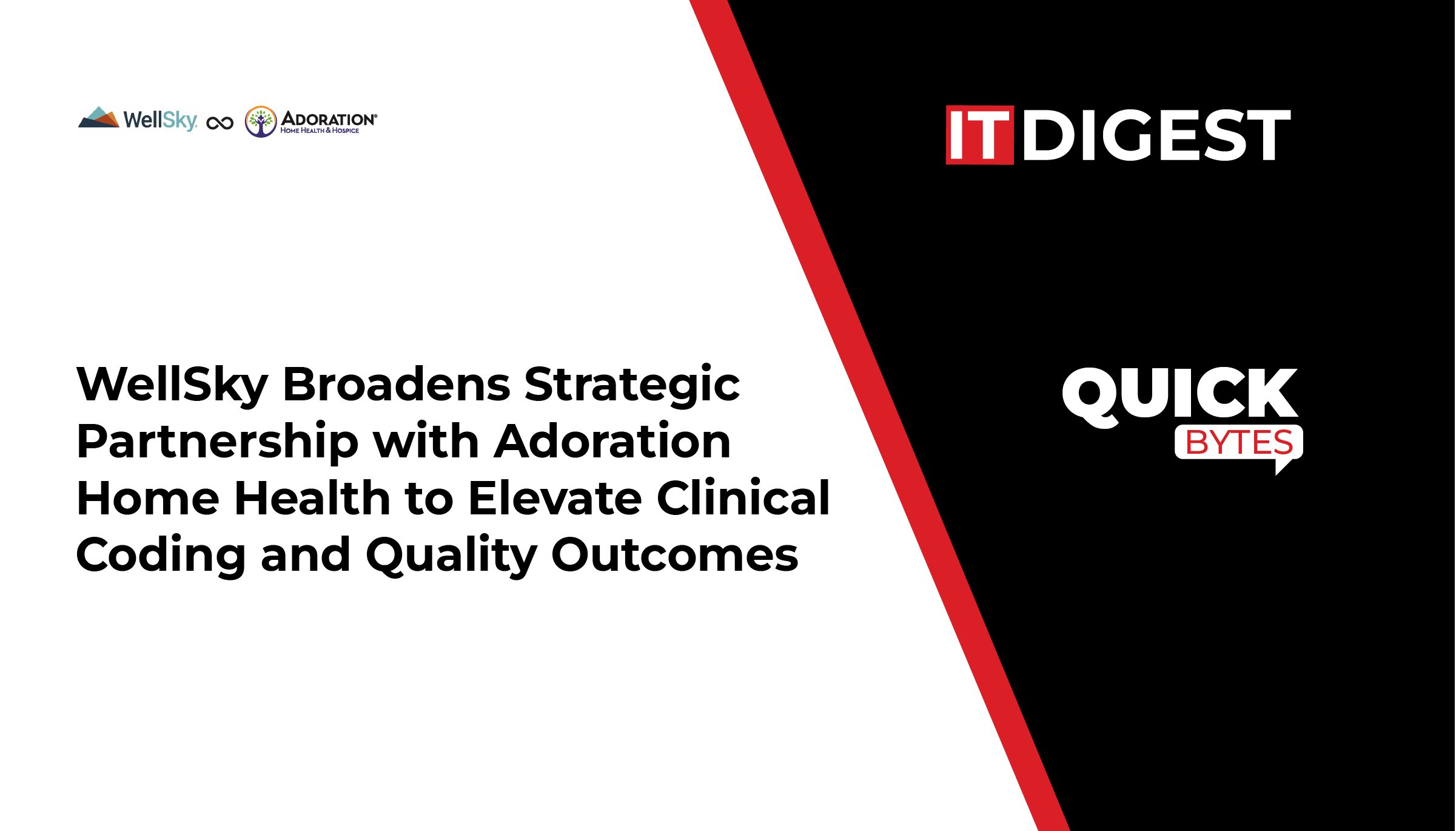Here is IT Digest’s weekly roundup of the top news from global markets. In this fast-paced world, breaking down information helps readers grasp the nuances that follow the news.
In Hardware and Network news this week…
Airbase Partners with Sardine to Combat Payment and Vendor Fraud
Airbase, the leading procure, pay, close software to stop uncontrolled spend, announced a strategic collaboration with Sardine, the leader in behavior-based fraud management. This partnership underscores a shared commitment to enhancing customer financial security against a backdrop of soaring vendor and payment fraud. “Airbase has been an amazing partner to us. Together, we’ve created the safest way for companies to procure, pay, and close their books,” said Soups Ranjan, CEO of Sardine. “We’re excited to expand our relationship with Airbase and help them onboard and serve more legitimate customers in a frictionless way.”
Corcentric Enhances AP Invoice Processing with New Generative AI Capabilities
“The cost to companies of manual invoice management can be measured by the amount of time lost, errors not identified, fraud undiscovered, and payments delayed,” said Manish Jaiswal, chief product and technology officer at Corcentric. “By augmenting our advanced AP invoice processing services with the latest responsible AI capabilities, we allow our customers to avoid having to rectify and validate issues – including those that occur frequently – that can arise within AP processing. Instead, they can reinvest that valuable time into focusing on their key drivers of future business growth.”
D-Wave Launches New Go-To-Market Growth Strategy to Rapidly Accelerate Quantum Adoption
D-Wave Quantum Inc, a leader in quantum computing systems, software, and services and the world’s first commercial supplier of quantum computers, today launched a new go-to-market (GTM) growth strategy designed to accelerate adoption and deployment of commercial quantum technologies. Initially focused on key verticals, including logistics, manufacturing, and government, the GTM effort extends D-Wave’s leadership position in commercial quantum computing. The strategy reinforces how the company’s unique annealing quantum computing solutions can help organizations solve their most computationally complex problems today.
NetApp fights ransomware in real time with artificial intelligence built into enterprise-grade storage solutions and optimized cyber resilience
NetApp, a data infrastructure company, today announced cyber resiliency capabilities that will provide customers with better protection and recovery of their data from ransomware threats . NetApp is one of the first to integrate artificial intelligence (AI) and machine learning (ML) directly into enterprise-grade primary storage to combat ransomware in real time. NetApp’s cyber resilience capabilities protect primary and secondary data for organizations, whether it’s stored on-premises or in the cloud.
Veza Appoints Mike Towers as Chief Security & Trust Officer
As a career security executive and recognized expert in digital transformation and trust, Towers’ arrival marks a significant addition to Veza’s senior leadership team. His previous tenure as Chief Digital Trust Officer at Takeda, coupled with his time as Chief Information Security Officer (CISO) at Allergan plc and GlaxoSmithKline (GSK), has equipped Towers with the hands-on experience to advance trusted digital and data platforms, and ultimately transform how leading organizations secure and manage access in today’s interconnected world.
In Information and Communications news this week…
Cognite Co-Founder Geir Engdahl Appointed Chief Product Officer
Cognite makes Generative AI work for industry. Leading energy, manufacturing, and power & renewables enterprises choose Cognite to deliver secure, trustworthy, and real-time data to transform their asset-heavy operations to be safer, more sustainable, and more profitable. Cognite provides a user-friendly, secure, and scalable industrial DataOps platform, Cognite Data Fusion®, that makes it easy for all decision-makers, from the field to remote operations centers, to access and understand complex industrial data.
Article of the Week
What is Infrastructure as a Service and How Does it Work?

In today’s rapidly evolving digital landscape, businesses face numerous challenges in managing their IT infrastructure. The traditional approach of investing in and maintaining physical hardware is often costly, time-consuming, and inflexible. This has led to the emergence of Infrastructure as a Service (IaaS) as a revolutionary solution that promises businesses the agility and scalability they need to thrive in the digital age. In this blog, we will explore what IaaS is, its benefits, use cases, challenges faced, and ultimately, why it is the future of IT infrastructure. Infrastructure as a Service (IaaS) is a cloud computing model that provides businesses with virtualized computing resources over the Internet. It eliminates the need for businesses to invest in and maintain physical hardware and allows them to access scalable and flexible IT infrastructure on demand. With IaaS, businesses can focus on their core competencies while leaving the complexities of infrastructure management to the service provider.

































